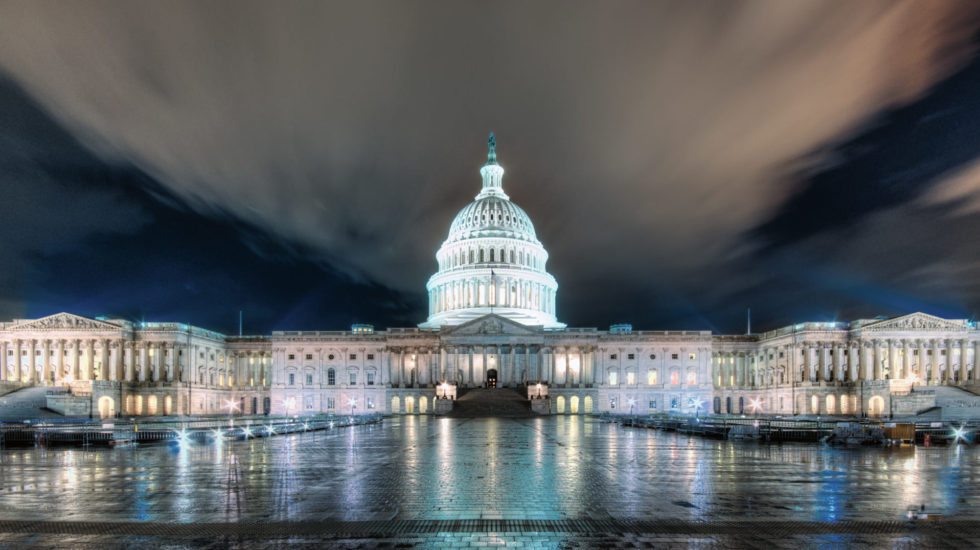Congress has entered what almost certainly will be among its most difficult two weeks of must-do legislating.
Lawmakers face an array of challenges — but for millions of Americans facing an end-of-year disaster brought on by the Covid-19 pandemic, the most urgent is a new economic relief package.
The question is: can the deeply divided Congress get the job done in time?
“Congress is entering the decisive days of the lame duck with a huge to-do list and very little time as President Donald Trump mostly focuses on his flailing legal and political attempts to overturn the election,” reports Politico.
“The coming days will require bicameral, bipartisan coordination and some buy-in from the outgoing White House to avoid a complete debacle,” Politico says.
The U.S. is approaching 15 million coronavirus cases with more than 282,000 dead and 2,000 more dying every day; millions remain unemployed and the economic recovery has slowed; and more than two dozen aid programs will run out at year’s end .
“All the bad things we were worried would happen — but were successfully addressed in the first round of bills — could hit at once,” Maya MacGuineas, president of the Committee for a Responsible Federal Budget, told the Washington Post. “It would be blatant neglect to allow all these things to expire.”
Entering the new year, renters may owe “anywhere between $30 billion and $70 billion in back rent and have no ability to pay,” Diane Yentel, president of the National Low Income Housing Coalition, told the Post. “She said that an estimated 30-to-40 million people, in 17 million households, could soon face the threat of eviction.”
There is a plan. It’s smaller than most Democrats would like and includes elements Republicans oppose. But it’s apparently the only hope for getting something accomplished for the country before Jan. 1.
As outlined in the Senate, the $908 billion package includes “enhanced unemployment aid and a fresh injection of cash for cities and states that are suffering financially,” the Post said on Monday.
“It also puts new money behind Republicans’ push to bolster small businesses’ bottom lines and protect a wide array of corporate entities from coronavirus-related lawsuits.”
Even before full details of the plan were released, governors from both parties were pleading with Congress to pass it.
Lawmakers currently face a Friday deadline to pass government funding bills, including a Covid relief bill — but as things look now, more time is needed.
“Congress is poised to punt a deadline for government funding talks as negotiators try to lock down a year-long deal and a long-stalled coronavirus bill,” reports The Hill.
With talks unfinished and time running short, aides tell The Hill that lawmakers are likely to pass a one-week “continuing resolution” to fund the government through Dec. 18 to buy themselves more time, The Hill says.
Sen. Joe Manchin (D-WV), who has helped lead the relief negotiations, said on NBC’s “Meet the Press” Sunday that “a deal that must come together. We don’t have a choice now.”
Manchin argues that spending $908 billion now will have a more important impact than waiting until President-elect Joe Biden is inaugurated to do something larger, The Hill says.



